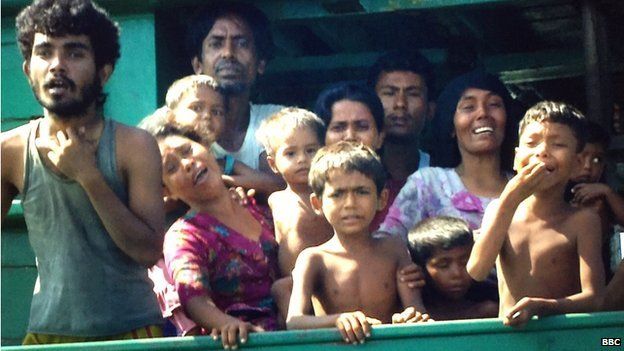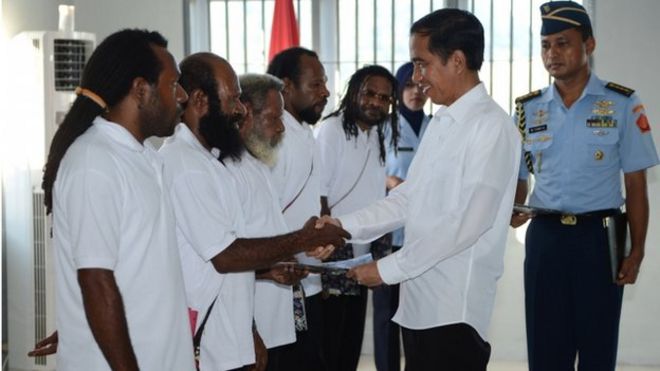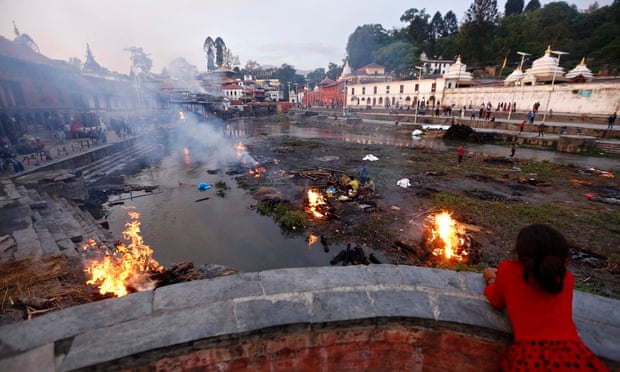By Christine Khamis
Impunity Watch Reporter, Asia
ISLAMABAD, Pakistan—
Gunmen dressed as Pakistani security forces stopped two buses in Mastung on Friday night and shot at least 22 ethnic Pashtuns. The buses were traveling from Quetta to Karachi. It is unclear why the Pashtuns were targeted by the gunmen.
Around 15-20 gunmen checked passengers’ identity cards on the buses, looking for Pashtuns. Officials say that some Pashtun passengers were shot while on the bus, while others were lined up outside of the buses and shot there.
About 35 of the passengers were kidnapped by the attackers, according to Sarfaraz Bugti, the home minister of Baluchistan. The bodies of 22 passengers were later found a short distance away from the highway where the buses were stopped.
Hundreds of troops have been carrying out a search for the attackers across the Mastung District. Officials state that at least five victims of the attack have been rescued.
Mastung is located in southwestern Pakistan and is about 40 miles from Quetta, the provincial capital of the conflict-ridden Baluchistan Province in Pakistan.
Baluchistan is home to both ethnic Baluch and Pashtuns. Attacks by Baluch separatists on Pashtuns are rare and risk upsetting relations between the two groups. There have been no other attacks in which Pashtuns were killed after having their identity cards checked.
While no group has taken responsibility for the killings yet, there have been similar attacks carried out by Baluch separatists. The Baluch separatists have maintained a low-level insurgency since the mid- 2000s, calling for greater autonomy and a greater share of the natural resources in Baluchistan, which is rich in oil and minerals. The separatists have a long history of conflicting with Pakistani security forces.
There is also a great deal of violence carried out by Islamist militants against security forces and Shi’ite Muslims, who are a religious minority in Baluchistan. Earlier in May, a group of militants killed at least 43 bus passengers, who were from Pakistan’s Shi’ite community.
A Pashtun lawmaker from Baluchistan, wishing to maintain his anonymity out of fear for his safety, has stated that the attack was meant to disrupt plans for an economic corridor allowing China easier sea access with the help of a network of rail, road, and pipeline infrastructure. The project was announced while Chinese President Xi Jinping visited Pakistan in April. China has pledged $46 billion to Pakistan to help fund the economic corridor.
Pakistani officials believe that India supports terrorism in Pakistan and that India is backing the separatist movement in Baluchistan. India has denied having any involvement in the movement.
On Saturday, hundreds of Pashtun protestors held a sit-in outside outside the Governor’s house in Quetta and demanded that the killers be punished. Businesses in Quetta also closed in protest of the killings. The relatives of 16 of the victims joined the protestors and laid out the victims’ bodies in front of the Governor’s house. The sit-in ended peacefully after the protestors met with Abdul Malik Baluch, Baluchistan’s top elected official.
For more information, please see:
BBC – Pakistan Bus Raids: Balochistan Gunmen Kill at Least 19 – 29 May 2015
Wall Street Journal – Gunmen Kill 20 in Pakistan Bus Attack – 29 May 2015
New York Times – Hundreds Protest After Gunmen Target Ethnic Pashtuns in Southern Pakistan – 30 May 2015
Reuters – Gunmen Kill 22 Bus Passengers in Pakistan Attack – 30 May 2015
U.S. News and World Report via Associated Press – After Pakistan Bus Attacks Kill 22, Worries That Baluchistan Insurgency Growing More Violent – 30 May 2015




